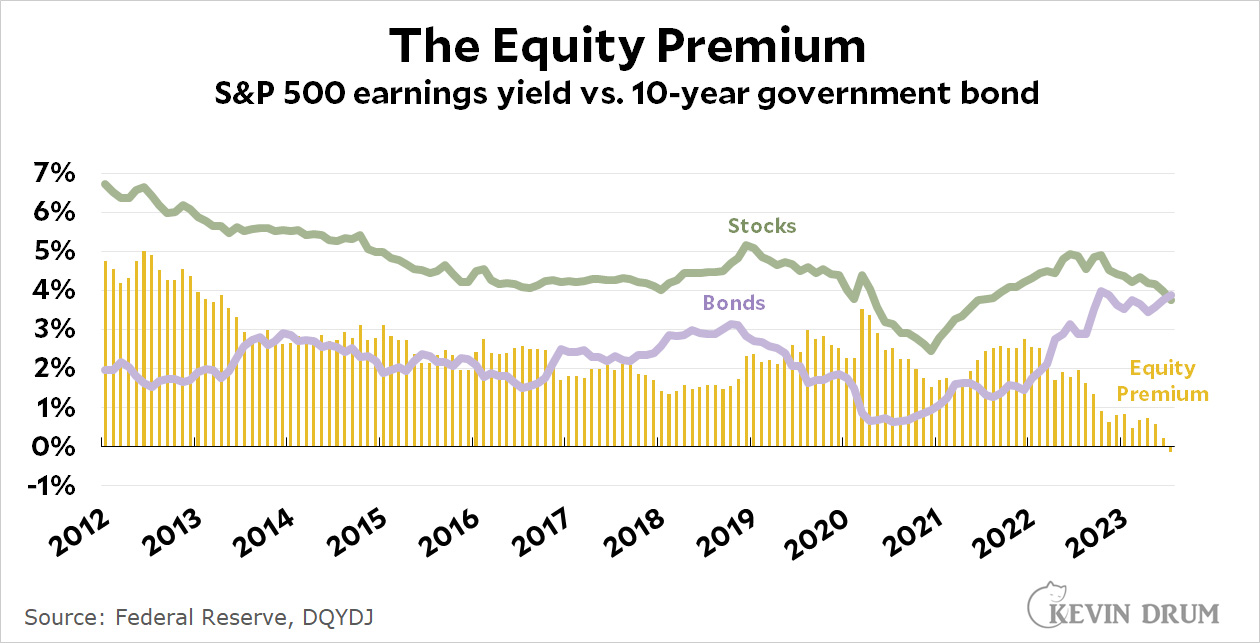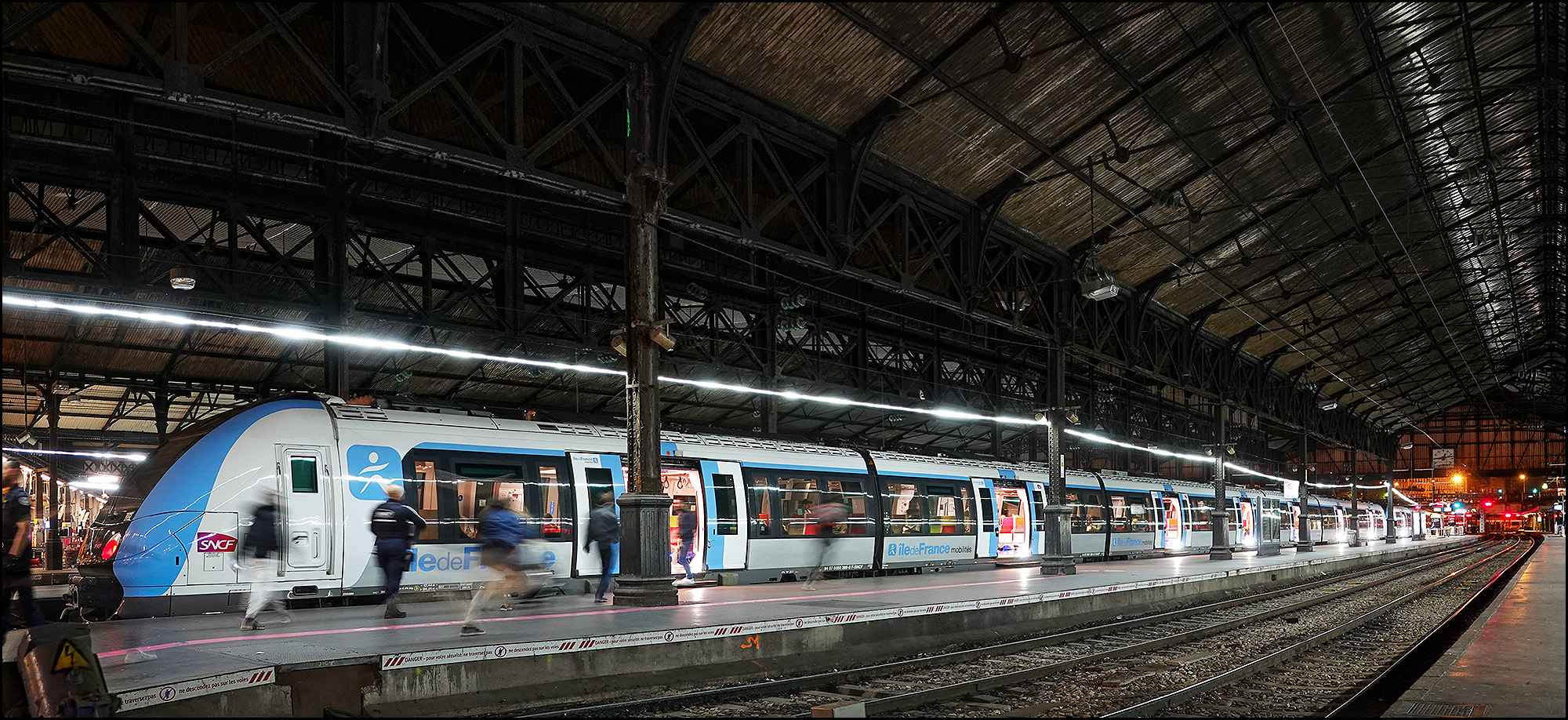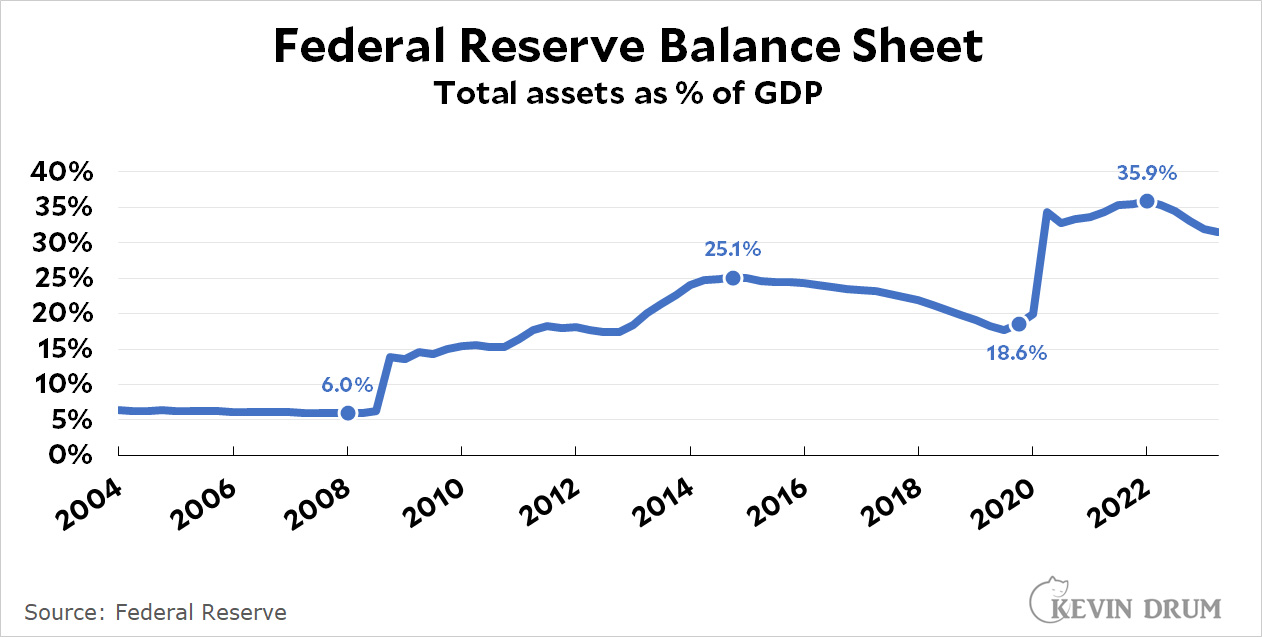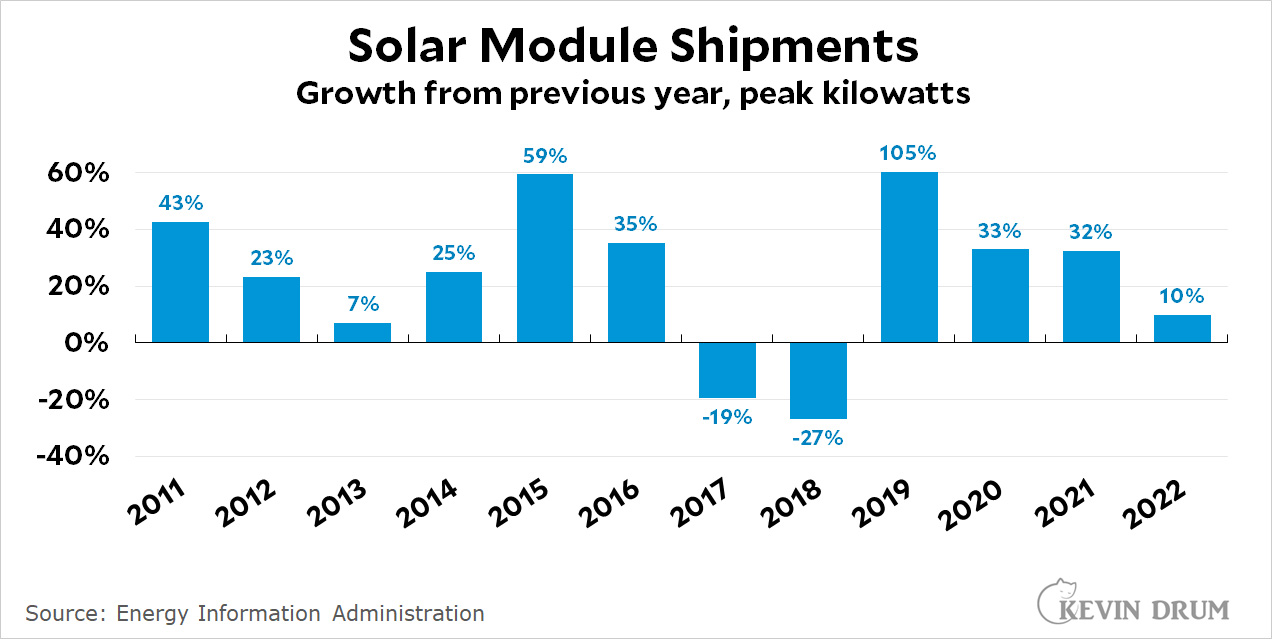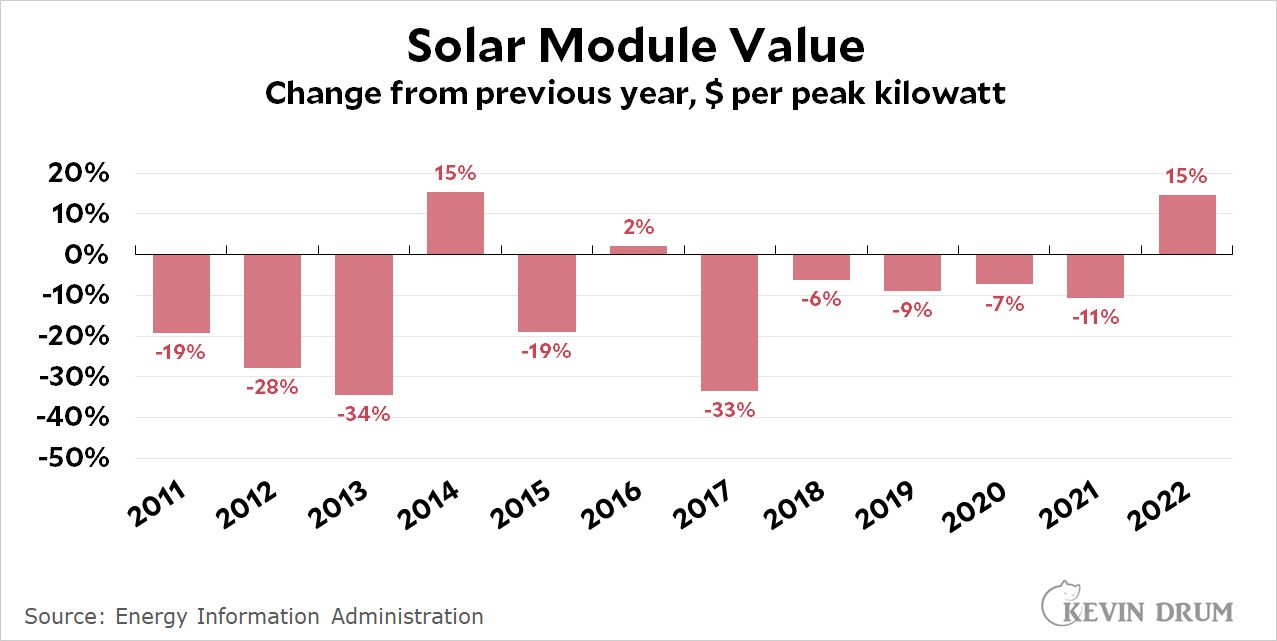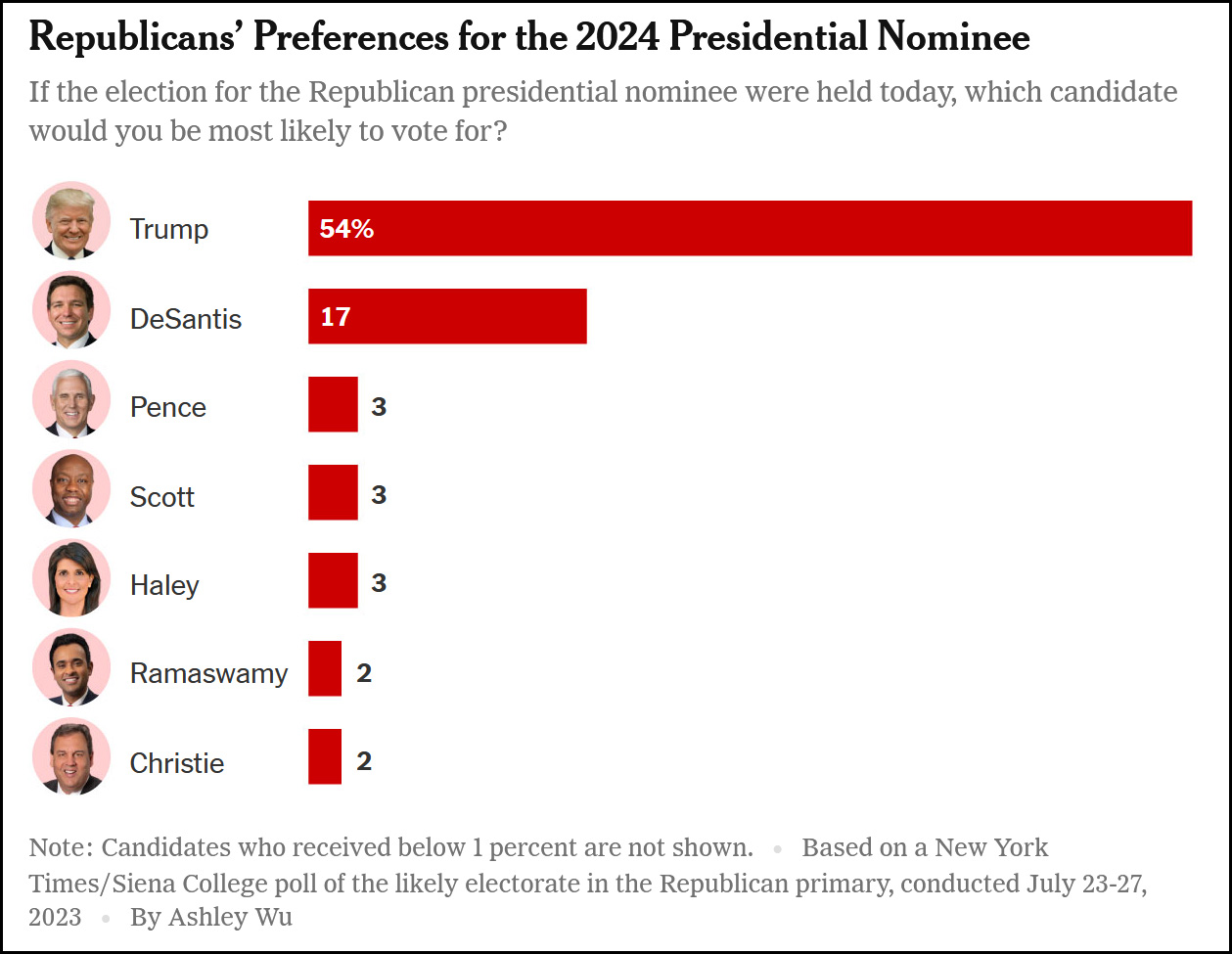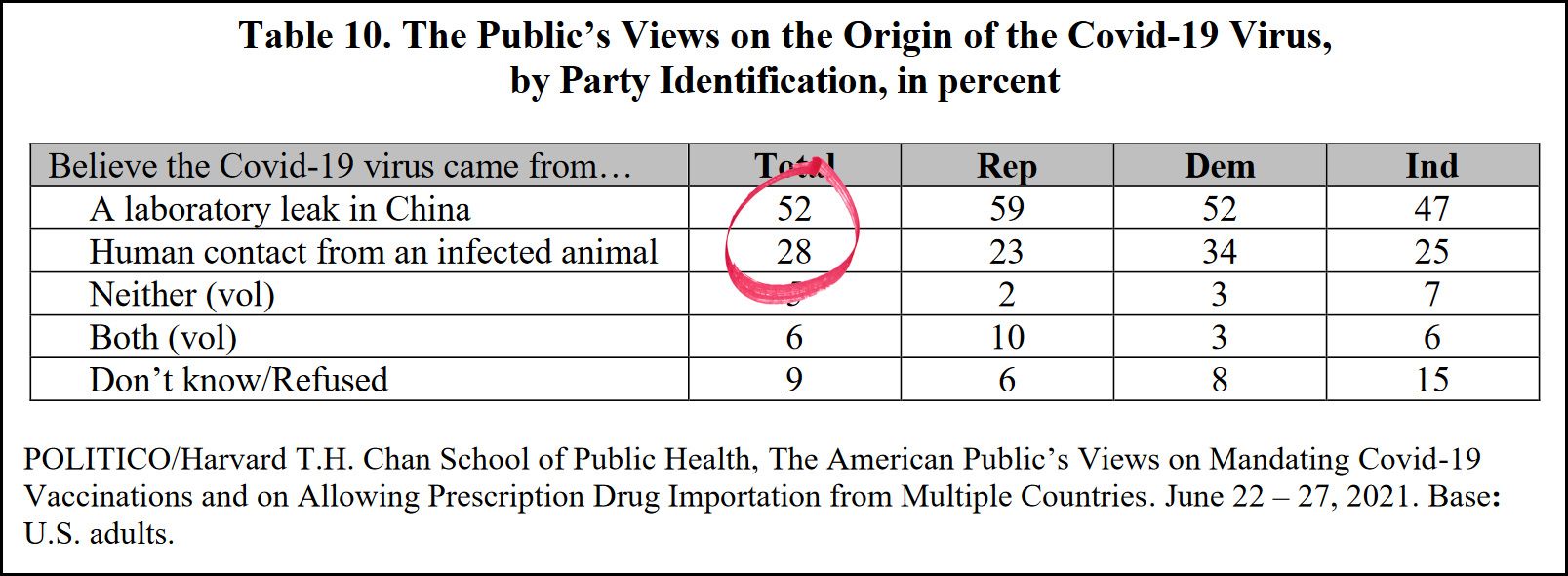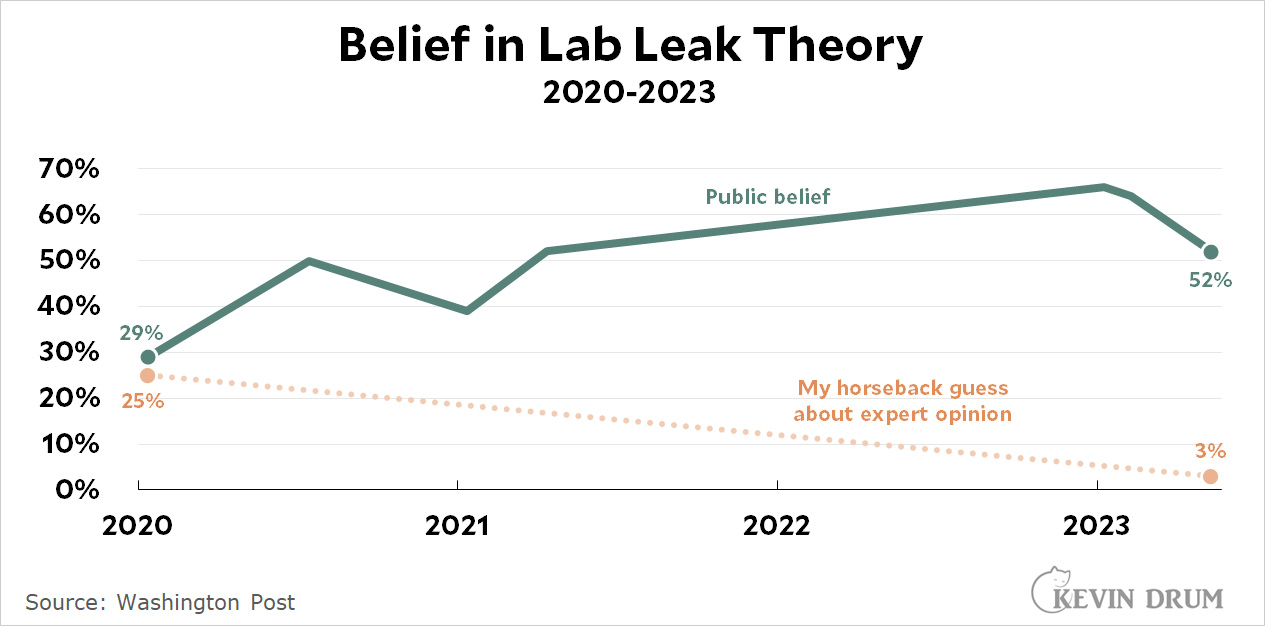A new study is out that compares the amount of work completed in a day by office workers vs. home workers. It's based on random assignment to either home or office of data-entry workers in India, so the measure of "work" is pretty objective. The study has two basic conclusions:
- Your best workers are the ones who want to work at home.
- They are also the ones who lose the most productivity when they transition from the office to home.
On average, home workers are 18% less productive than office workers. Those who actively prefer working from home are 27% less productive:
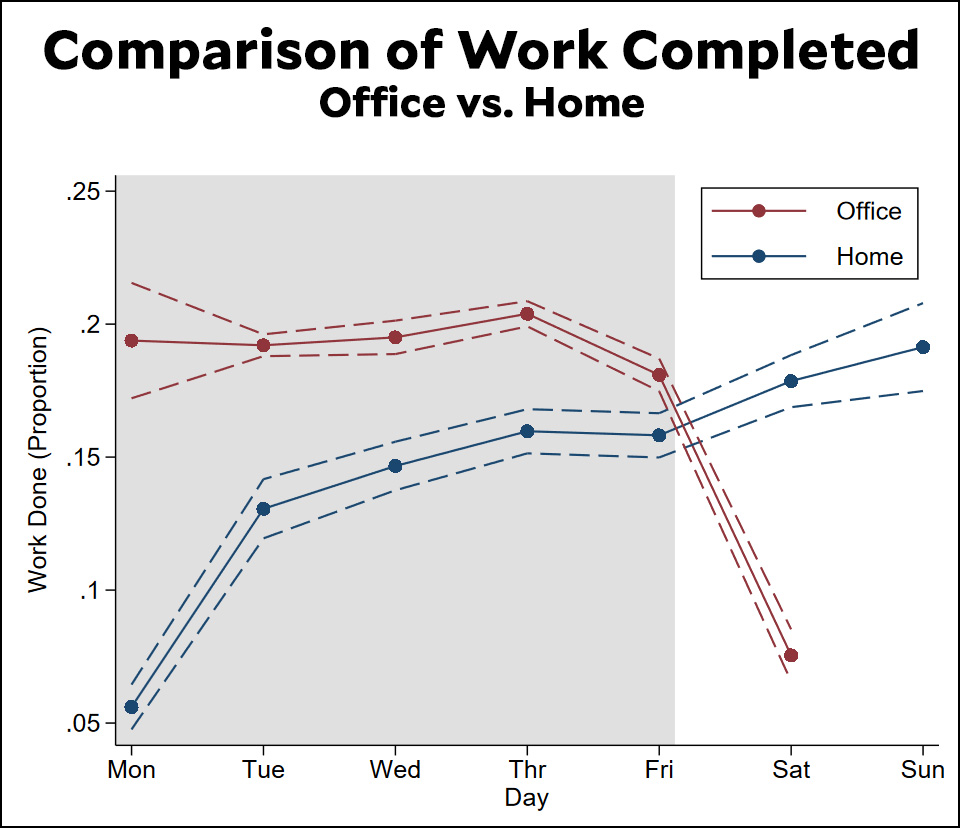 Most of this difference is simply because home workers don't work as hard, but some of it is because home workers also don't learn as fast as office workers.
Most of this difference is simply because home workers don't work as hard, but some of it is because home workers also don't learn as fast as office workers.
Roughly speaking, this result is consistent with time use studies in the US, which find that home workers put in about 25% fewer hours than office workers. It's also consistent with other studies and with anecdotal evidence.
The last time I wrote about working from home I got back this comment: Hard workers will work hard no matter where they are. Goof-offs will goof off no matter where they are. This is probably true. Certain occupations—like engineering—probably attract a lot of hard workers who do fine at home. Other occupations don't, and they make up the vast majority of the workforce. For those folks, the evidence is pretty strong that they just don't get as much done at home as they do in the office, and the reason is simply that they take more time off during the day because there's no one around to keep an eye on them.

